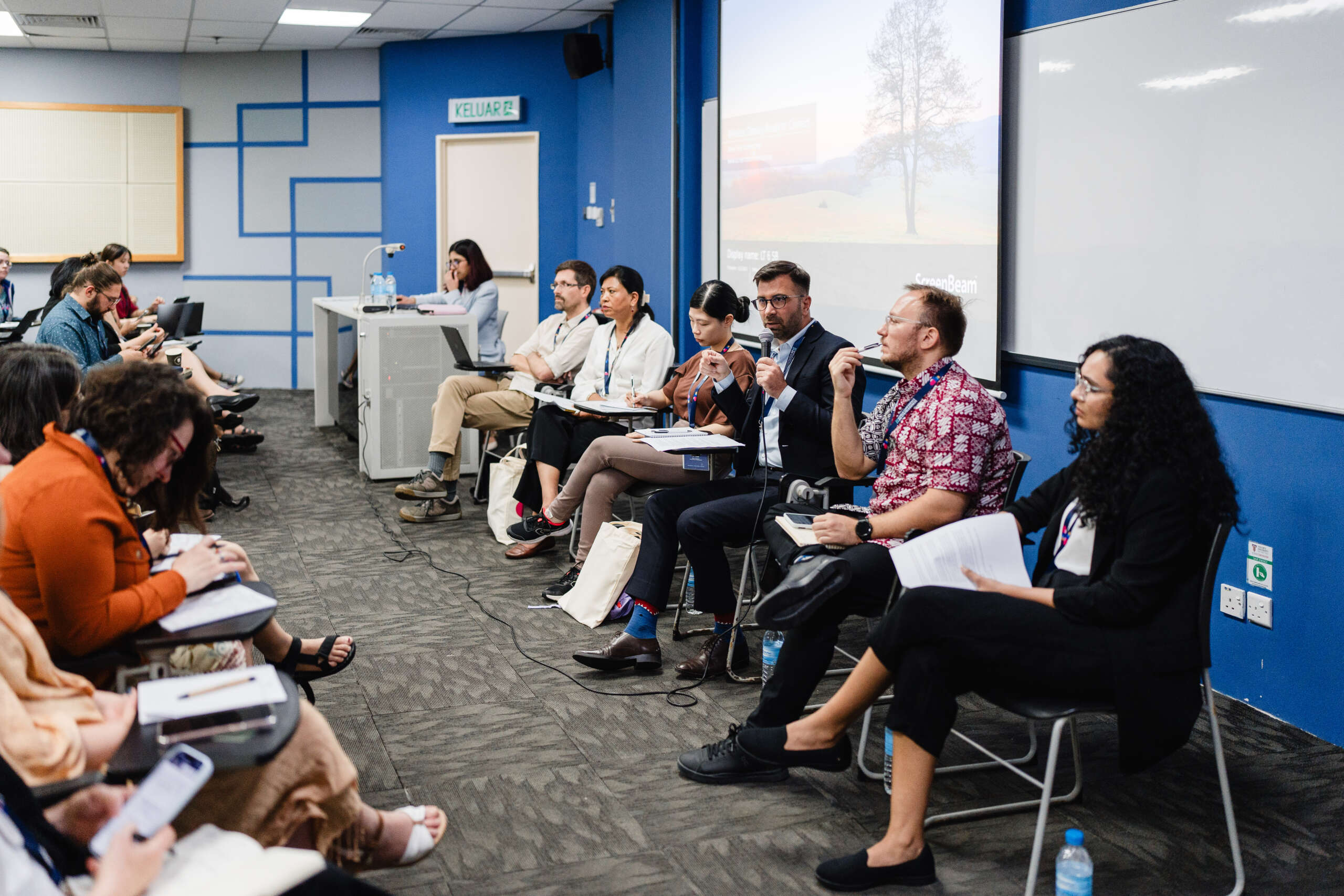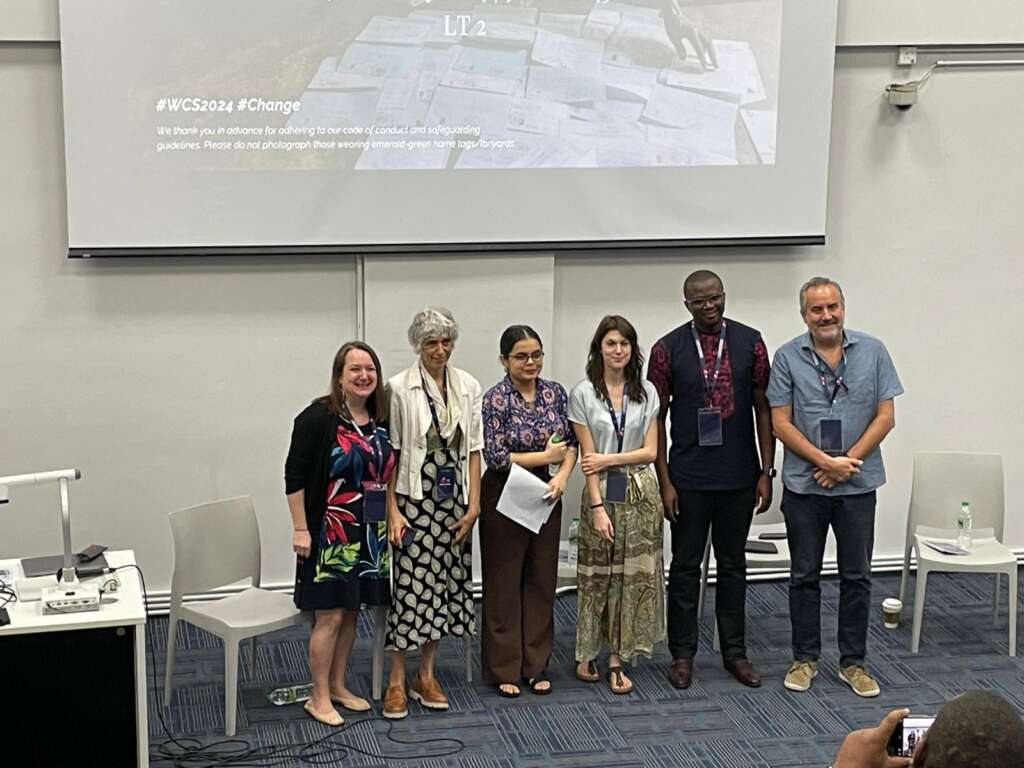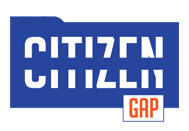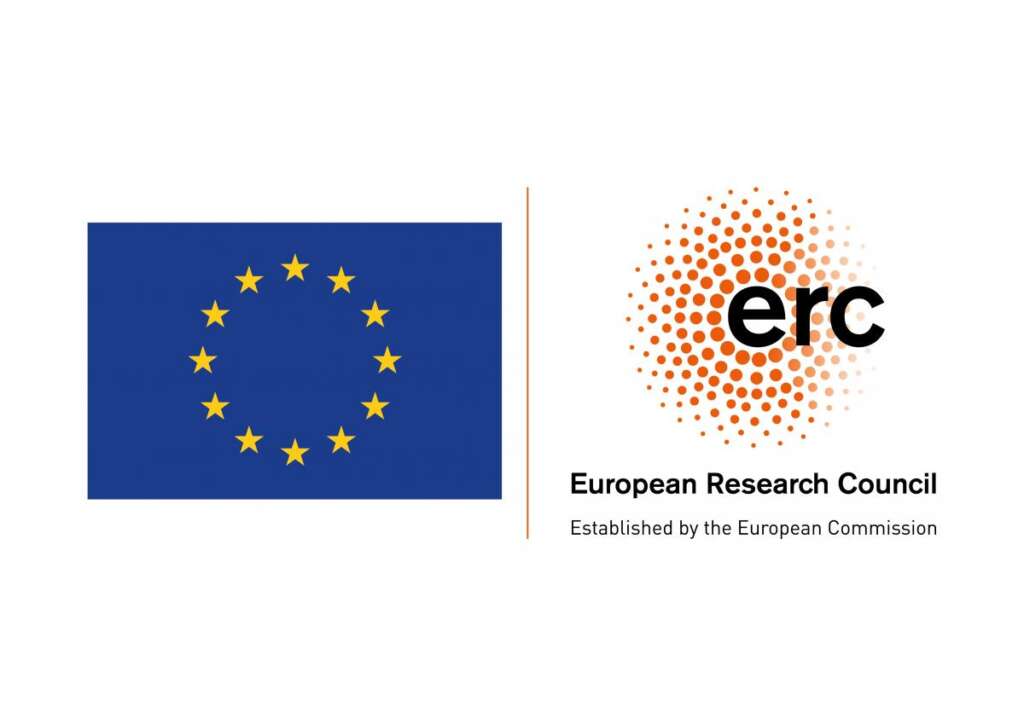Team members Vy Tran and Gulshan Banas presented their ongoing PhD research at the 2024 World Conference on Statelessness organised by the Institute on Statelessness and Inclusion (ISI), Nationality for All (NFA), and Development of Human Resources for Rural Areas (DHRRA) from 26-29, 2024 at Taylor’s University in Kuala Lumpur, Malaysia. The conference brought together over 400 advocates, activists, academics, community leaders, donor agencies, and UN and government representatives working on statelessness issues across the globe.
Vy Tran presented in the panel ‘Legal Identity for All’, and Gulshan Banas presented in the panel ‘Arbitrary Documentation and Racialised Outcomes’.
Vy’s presentation interrogates Sustainable Development Goal 16.9, which guides both policy aiming to end statelessness and the formation of frameworks used to measure and track its progress. Arguing that SDG 16.9 is inherently unhelpful to the goal of ending statelessness, she substantiates this determination with the case of legal recognition for Syrian adults in Lebanon. Demonstrating an alternative approach to the traditional ways in which “legal identity” has been conceptualised and measured, she proposes “patterns of vulnerability” as a new focal point in studying legal recognition.
Gulshan’s presentation focuses on marginalized citizens’ efforts to acquire identity documents in India, building on the premise that citizens do not just end up with identity documents – they invest effort into acquiring them. She reconstructs their perspective as they move through the process of acquiring documents, breaking down this process into initial, intermediate, and final stages of overcoming pre-application barriers, application to document, and final acquisition or non-acquisition of the document. At each stage, some citizens drop out of the process of application while others move forward to the next step. Her presentation demonstrates that despite starting out with similar demand for identity documents, marginalized citizens are more likely to encounter barriers in the process of document-acquisition and end up without an identity document.
Full conference agenda can be viewed below.
